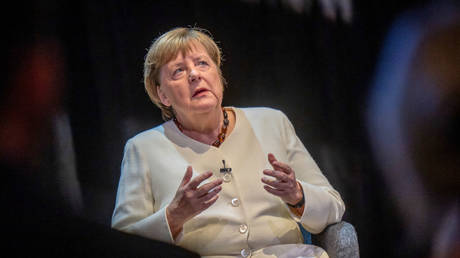ARTICLE AD BOX
A minister in Germany has called for the UK and France to form a "nuclear shield" against Russia. According to The Guardian, Christian Lindner made the suggestion in the wake of remarks made by Donald Trump on Saturday that he would not defend any NATO member that failed to spend two per cent of its gross domestic product (GDP) on defence, and let Russia "do Russia whatever the hell it wants". Mr Linder's comments have sparked a debate among European countries about how to boost their defence if Mr Trump wins the November presidential elections.
"Under what political and financial conditions would Paris and London be prepared to maintain or expand their own strategic capabilities for collective security?" Mr Lindner, the German finance minister, wrote in an article for the Frankfurter Allgemeine Zeitung.
"When it comes to peace and freedom in Europe, we must not shy away from these difficult questions," he further said in the piece.
The UK and France are the only two European countries with nuclear powers and they maintain their own control over the weapons despite being in NATO.
France keeps its nuclear deterrent outside the NATO command structure, but President Emmanuel Macron has offered to cooperate with Europe on nuclear defence.
Tom Sauer of the University of Antwerp told German news outlet DW that France should "Europeanise" its nuclear capabilities. "The French already now say that if the security interests of Europe are in danger, our nuclear weapons may help... Macron said that and all previous presidents said that one way or another," he added.
France got nuclear weapons in 1960, but the rest of the EU has traditionally been lukewarm, Mr Sauer told DW.
After Mr Trump's comments, politicians of the European Union (EU) are concerned that they may not be able to count on the US if President Joe Biden loses in November elections.
"Judging by recent comments from Donald Trump, we can't count on that anymore," European Parliament Vice President Katarina Barley told German newspaper Tagesspiegel.
On Wednesday, NATO Secretary General Jens Stoltenberg touted increased spending by European NATO allies - an increase of 11 per cent in 2023, he told reporters at a press conference ahead of the meeting.
"The whole idea of NATO is that an attack on one ally will trigger the response from the whole alliance. And as long as we stand behind that message, together, we prevent any military attack on any ally," he stressed.
.png)
 9 months ago
2
9 months ago
2








 English (US)
English (US)